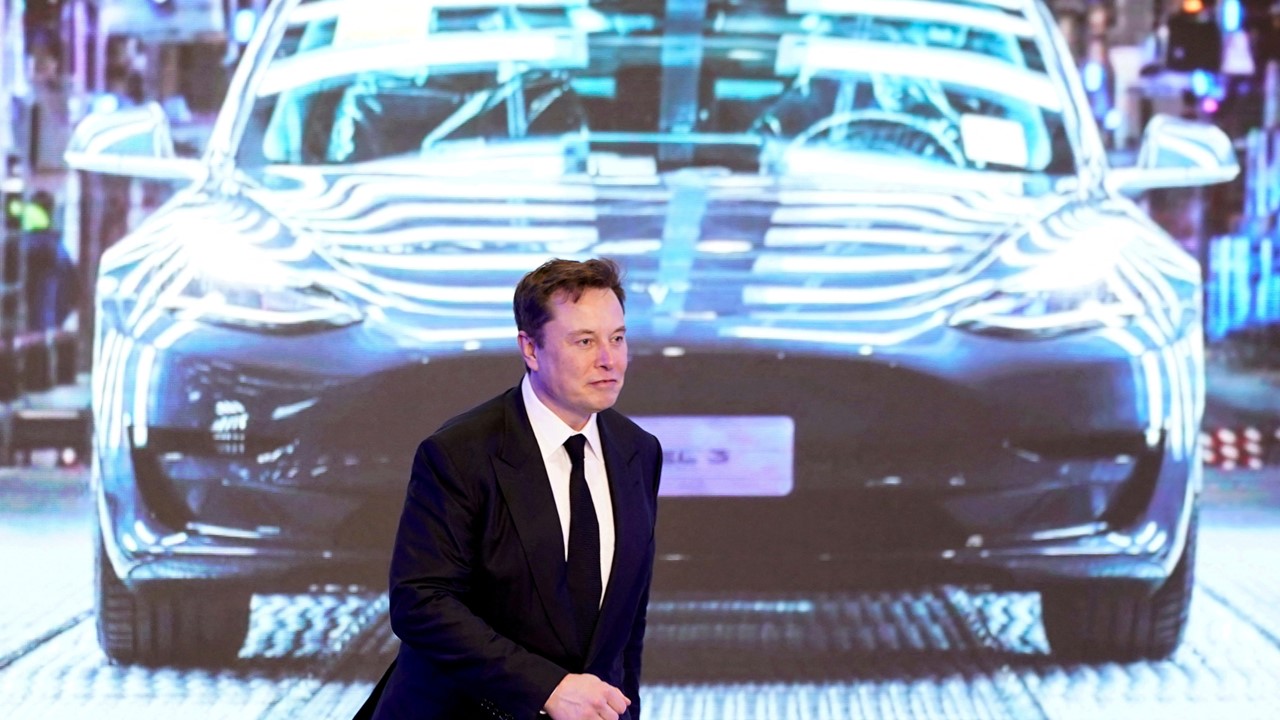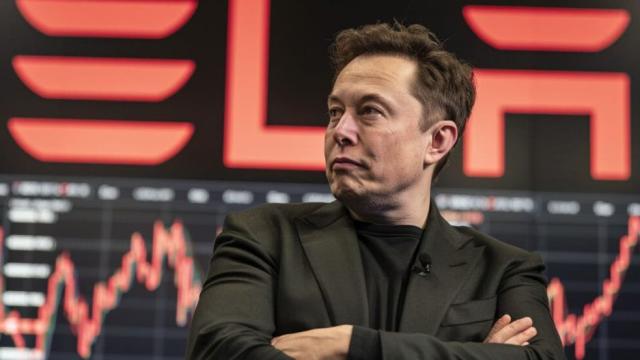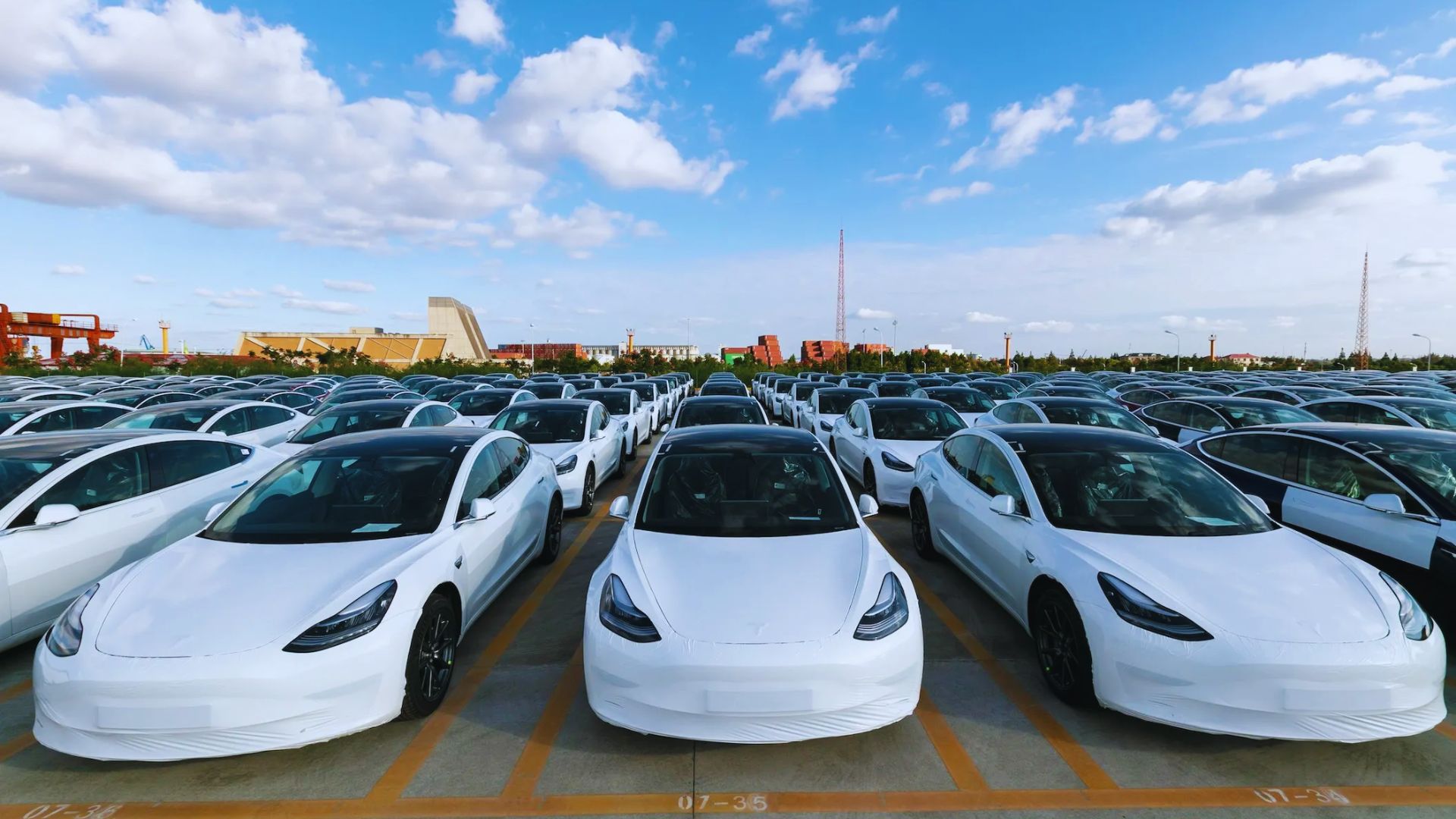Elon Musk’s commitment to sustainability is underpinned by innovative principles, data-driven strategies, and real-world applications across his ventures.
In the realm of technology and sustainable solutions, Elon Musk has emerged as a pivotal figure. His ventures, from electric vehicles to space exploration, consistently push boundaries. However, it’s not just the end goals that capture attention, but the innovative principles and strategies that drive them. This article delves into the data-rich methodologies and real-world examples that underscore Musk’s vision for a sustainable future.
Innovative Principles
Musk’s approach often revolves around “First Principles” thinking, a method rooted in physics that involves breaking down complex ideas into their fundamental truths.
Instead of following conventions, Musk dissects problems to their core. For instance, when the battery industry asserted that certain price points were unattainable, Musk challenged this by breaking down the cost of raw materials, as highlighted in a 2014 interview with Kevin Rose. This method allowed Tesla to innovate in battery technology, bypassing established norms.
Data-Driven Strategies
Musk’s companies are renowned for their reliance on data. At Tesla, the introduction of the “Gigafactory” was a strategic move to reduce the cost of lithium-ion batteries. According to Tesla’s 2014 shareholder letter, the goal was a more than 30% reduction in production costs, achieved by focusing on component costs and manufacturing innovations.
Similarly, at SpaceX, the decision to manufacture rockets in-house was driven by data indicating a potential 90% cost reduction, as reported in a 2012 SpaceX press release.
Real-World Applications
Musk’s vision extends beyond just cars and rockets. SolarCity (now part of Tesla Energy) aimed to revolutionize sustainable energy for homes. By 2015, SolarCity had installed solar panels that generated over 5 GW of electricity annually, as per a company report. Another venture, The Boring Company, seeks to reduce traffic congestion through underground transportation, addressing urban sustainability.
Its proposed “Loop” system in cities like Los Angeles showcases a commitment to eco-friendly transportation, aiming to transport passengers at high speeds with zero emissions.
Conclusion
Elon Musk’s endeavors, grounded in innovative principles and data-centric strategies, showcase a tangible commitment to sustainability. While the outcomes of his ventures are still unfolding, the methodologies driving them offer valuable insights into merging innovation with sustainability in the modern technological era.




